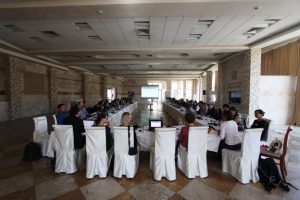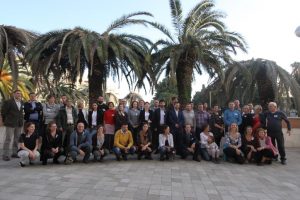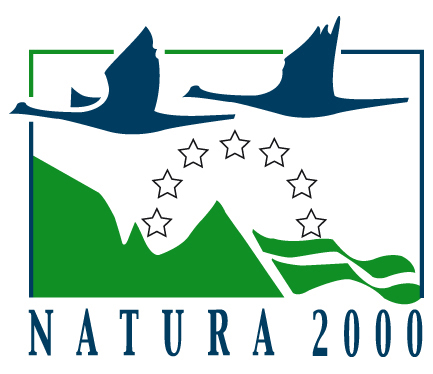Тhe first regional meeting of the EU platform on co-existence of people and large carnivores in the Dinaric region was organized, to start the cooperation for conservation of populations of the bear, wolf and lynx for our region.
Тhe first regional meeting of the EU platform on co-existence of people and large carnivores in the Dinaric region was organized at 6.10.2018, by the World Organization for Nature Protection – WWF Adria, IUCN-LCIE, Dinaric Park, Center for Protection and Research of Birds of Montenegro and EuroNature.
Fifty participants from fifteen countries concluded that cross-border cooperation, exchange of knowledge and experience, and population management across the entire region of the Dinaric region are of key importance, regardless of the current different practices.
“The Dinaric region is one of the richest European regions in terms of biodiversity, including three species of big carnivores – brown bear, wolf and lynx. Since there is currently no common dialogue and systematic cross-border cooperation in protecting and managing the large beast population, this meeting is an important step in establishing a regional platform. The Dinaric platform will be a unique example of joint management of such a large population, through as many as 10 countries, which is an excellent example of the rest of Europe, “said Luis Suárez from WWF Spain.
Dinara-Pindos-Balkan is an area where a stable population is of wolves and bears, while among population of Eurasian lynx a critically endangered species is the Balkan lynx. The region includes ten countries, EU members and non-EU countries; Slovenia, Croatia, Serbia, Bosnia and Herzegovina, Montenegro, Albania, Kosovo *, Macedonia, Bulgaria and Greece. Currently, wolf, bear and lynx population protection is conducted in national frameworks, but animals do not know the state border.
Also, the legal framework of some of the countries is not yet aligned with EU and international standards, management plans do not exist or do not apply, which could make it difficult for some to integrate into the European Union. The European Commission has encouraged the establishment of an EU platform to facilitate the implementation of the EU nature conservation regulations (Habitat Directive) and enable the dialogue of all stakeholders – scientists, nature conservation associations, hunters, livestock farmers, farmers and private landowners.
“In order to improve the coexistence of people and large beasts, especially in rural areas of the region, systematic cross-border co-operation, uniform monitoring methods and common databases are necessary for better population management. With the cooperation of all stakeholders on the international level, we will achieve successful conservation of charisma species such as wolf, bear and lynx and find the best solutions for coexistence between humans and large beasts in our region, “said Andrea Štefan of WWF Adria.
 |
  |
Links:
http://ec.europa.eu/environment/nature/conservation/species/carnivores/coexistence_platform.htm
http://adria.panda.org/
# wwfadria



